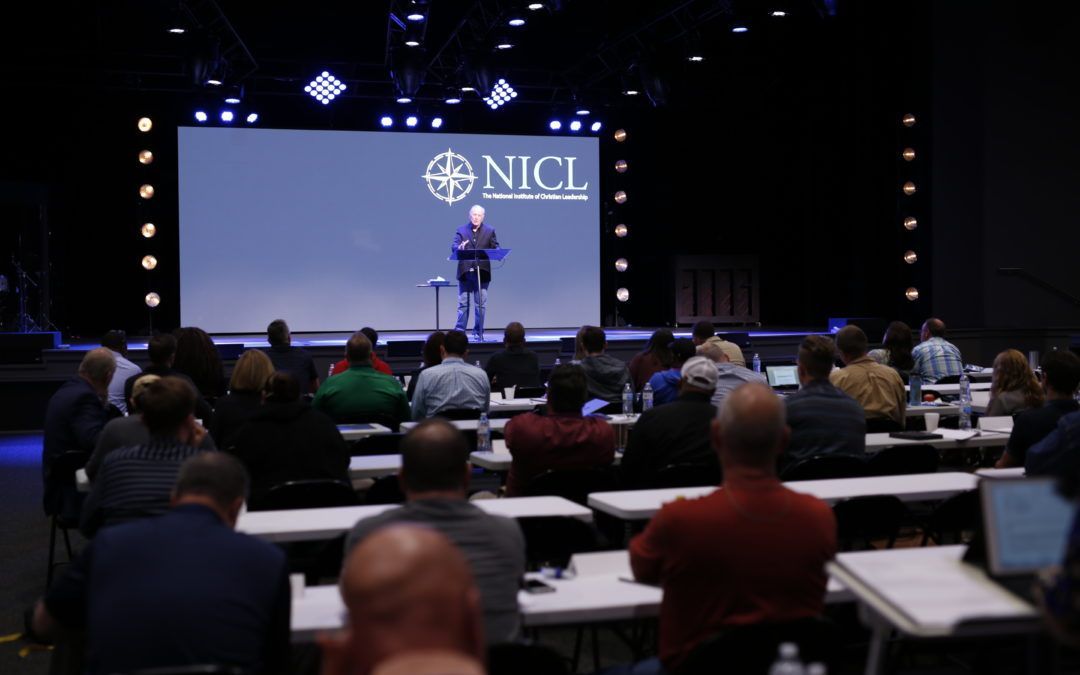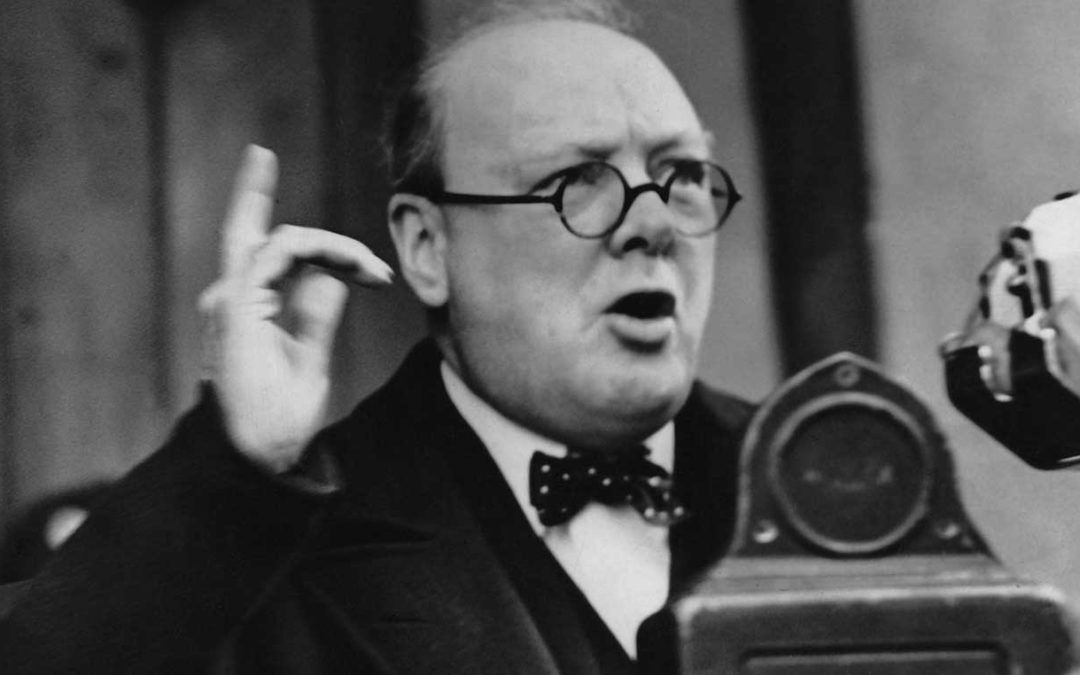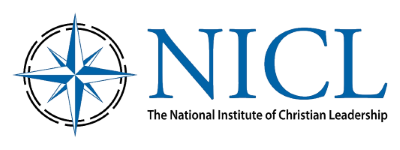Ownership- A Leaders Greatest Asset
Ownership is the act, state or right of possessing something. In the case of leadership, ownership is where one acts decisively, looks to solve problems, delegates tasks, abstains from blaming, takes responsibility and is objective when evaluating their own actions or events they are involved with. Leaders who operate within this context are committed to the process of learning, which attributes to the desire in others to step up and do the same. Leadership inspiring leaders. Here we will discuss why ownership is important and ways you can encourage those you are leading to take ownership.
The Why
The reason taking ownership is so important in leadership is because it begins a chain reaction amongst those you are working with and when others start to mimic this function, the organization, business or group environments performance is improved. Relationships amongst co-workers are strengthened which in turn boosts morale and overall work atmosphere. A cohesive partnership begins to develop because trust is established. A culture of learning becomes a catalyst for others to look for ways to carry new responsibilities. Tensions lessen, daily performance rates increase, organizational methods are enhanced and people begin to operate within new strengths because they’ve increase their learning potential through carrying out responsibilities that they wouldn’t have in the past.
On the flip side, when leaders shrink back from taking ownership for responsibilities, in which case blame is often a factor; employee morale is damaged, tensions rise, trust becomes obsolete, relationships are no longer healthy, organizational chaos ensues and performance rates plummet. Leaders who do not nurture colleague relationships, avoid delegating tasks, are indecisive, micromanage or do everything themselves will almost always fail to deliver. Healthy leaders proactively seek personal feedback and correct mistakes through taking a problem solving perspective rather than a judgemental one which helps everyone involved to learn from the experience and make the improvements needed for next time. Any environment where people are involved will grow, develop and achieve success if they lead through applying ownership in their daily tasks and decisions.
5 Ways To Encourage Others To Take Ownership
Let Everyone Have A Part In The Goal Setting Process
When those you are working with are able to be a part of the goal planning process they will naturally take ownership in completing the needed tasks to accomplish the goals. Combining efforts to set goals, plan activities and accomplish the vision at hand allows for individuals to step up and take ownership of what they feel they can successfully complete as well as stepping up in areas where they believe they can take on a challenge. This produces a stronger team bond as individuals thrive in completing tasks with the knowledge that they are all working together to achieve a common goal. When everyone comes together to share ideas, insights and creativity, the end product of their efforts is always more successfully played out than those who are mundanely carrying out tasks with no ownership in what they are doing. Productivity rises and so does the morale.

Delegate, Then Let Them Choose How They Accomplish It
Delegating tasks to individuals can be fairly easy when you’re aware of everyone's strengths and weaknesses. What often gets in the way is telling employees and staff how to go about their jobs. Once you’ve given everyone their responsibilities, let them decide how they want to approach completing them. Trust is a huge factor in building a strong team and keeping everyone working on the same page. If they happen to not fulfill their responsibilities successfully, brainstorm with them on other strategies and methods to get the job done. Sometimes all a person needs is a little bit of direction. Your trust in them to complete the task will far outweigh the task itself being accomplished. They will have learned from any mistakes they made and be able to carry that into future roles as well as have gained greater trust in you.
Trust!
Eventually, we will all have to trust those we work with. So why not start before you have to! You may find it to be a risk but risks are often worth taking as there can be unknown rewards. One way to show trust is by placing others in positions of authority that stretch their management skills. Providing others the opportunity to be leaders will raise up stronger leaders. Leadership skills develop through hands on experience. It requires practice, so let them have it! You’ll never know what someone is capable of until you learn to let go and trust.
Allow People To Solve Their Own Problems
This is huge! Learning problem solving skills is an asset for everyone. It’s easy to provide answers but listening and asking the right questions that lead others to solve their own problems helps them and you in the long run. Not only will they have the confidence to figure out future situations, but you’ll have less to manage as staff and employees take care of their own problems. Let them know that you trust their judgement and encourage them by sharing that you have faith in their ability to figure things out without you.

Pour Out The Accolades
We all thrive when we are shown appreciation and given a high five for a job well done. It encourages us to keep going and doing our best. When leaders acknowledge the hard work being done by staff and employees it builds team morale, commodery, trust and a desire to work even harder. Even when the results are not what you expect you can provide positive and constructive feedback. Let them know what they did well and provide ideas for improvement. Your staff may not always ask for it, but they are the ones that gain when constructive criticism along with genuine accolades are received. Growing in our skill sets and developing greater knowledge and understanding is only achieved when we are learning from those around us, which means we all have to be willing to not just share, but listen and receive. Giving accolades even for small accomplishments sets employees and staff on the right track for further growth.
Ownership may be exemplified through leadership but it is a model that everyone can have a part in that will profit both the leader and the individual. Applying ownership methods within any setting will enhance performance in a variety of areas; creating a high functioning, organized and thriving organization where every leader will agree that ownership is a leaders greatest asset.
Become a more effective leader today
Whether you want to expand your influence, grow your church, re-launch your ministry or even earn credit hours towards your Masters degree, the NICL will give you the preparation, training and tools you need to make this a year of growth.









